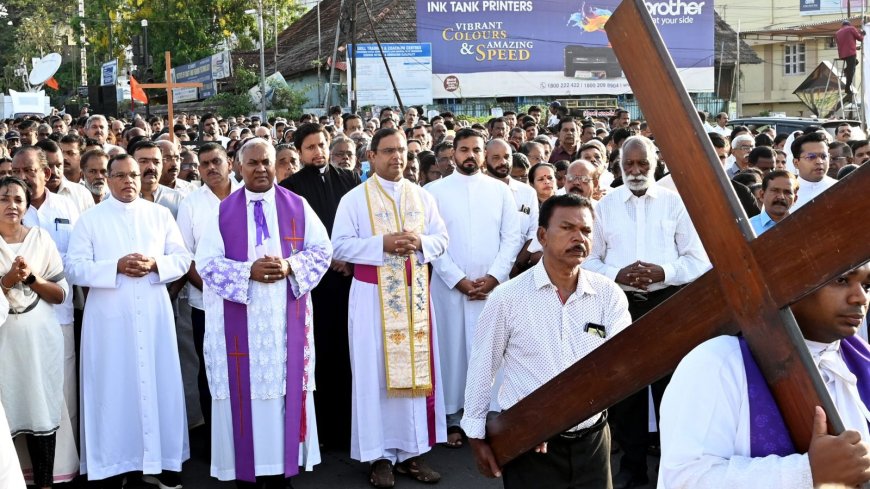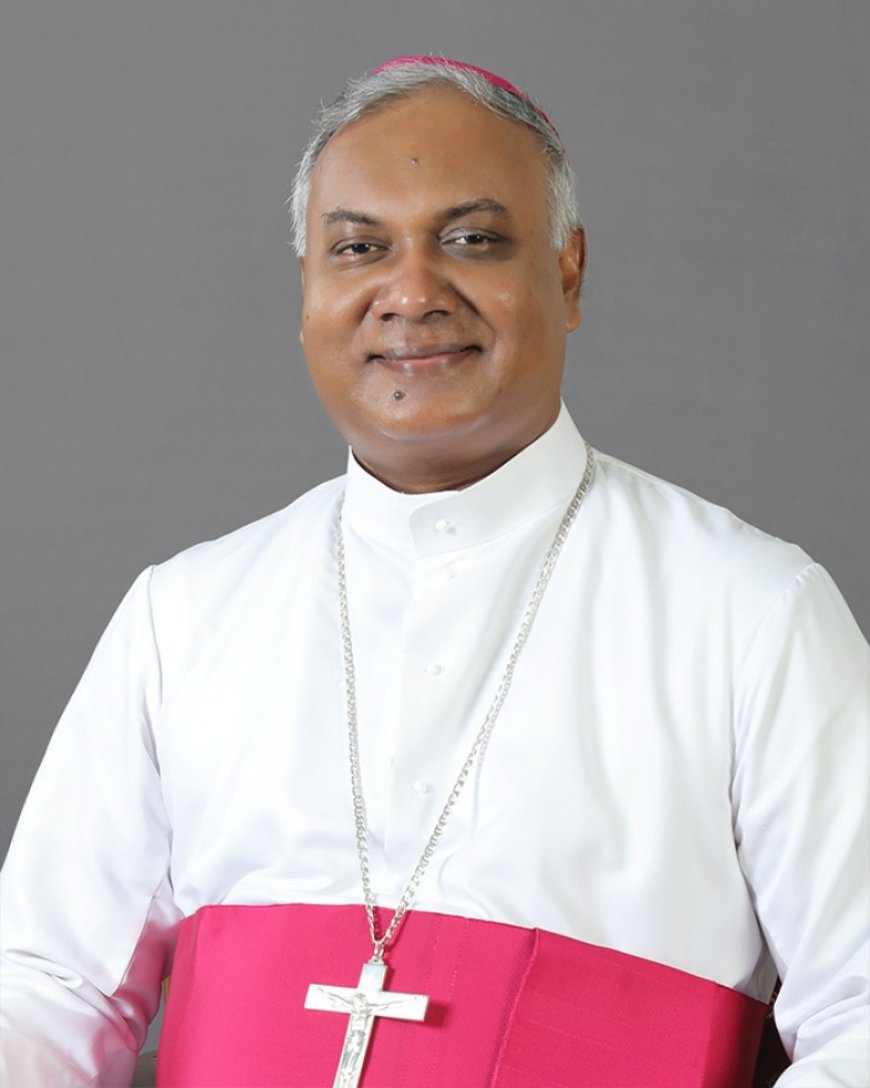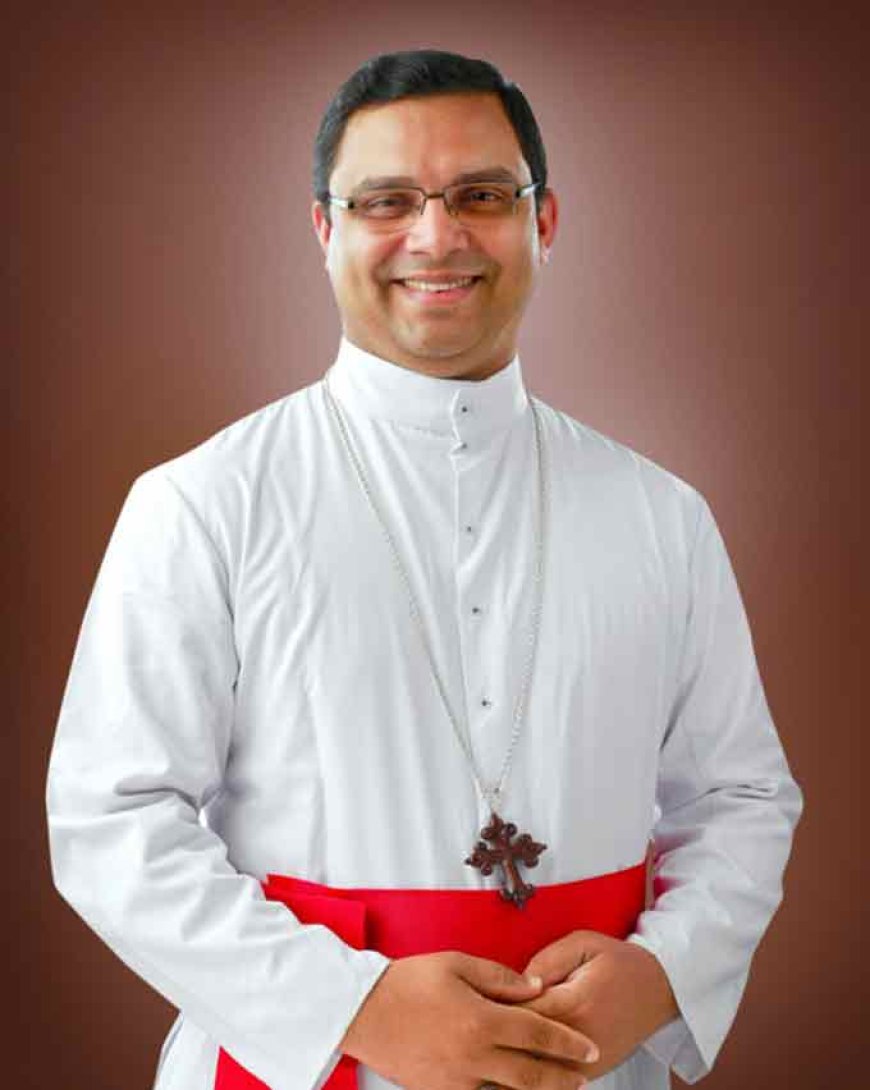Kerala Christians observe Good Friday, poll candidates join in

GOOD Friday was observed across churches in Kerala with a record turnout of the laity.
The occasion of Good Friday is observed as a day of prayers, penance and fasting to commemorate the crucifixion of Jesus Christ on Calvary Hills more than 2,000 years ago.
Christians in Kerala account for around 18 per cent of the 3.30 crore population of the state and belong to various denominations; the Catholics account for over 50 per cent of all Christians and the remaining belong to the Syrian Orthodox, Jacobite, CSI, Mar Thoma besides the various Pentecostal churches as well as the new generation prayer groups.
The churches have their protocols for Good Friday service and the mass on Good Friday is the longest of all the various masses in their religious calendar.
While in some churches, the Good Friday mass begins around 8. 30 a.m. and ends around 1 p.m., in the Orthodox and Jacobite churches it ends after 2 p.m.
The most important event on Good Friday in churches is the 'Way of the Cross' -- the 14 stations on Christ's journey to Mount Calvary from Pilate's palace are enacted with the laity moving to each station, singing hymns as the story of the betrayal, arrest, trial and crucifixion of Christ is narrated by the priest.
The second significant ritual that happens in all churches is the customary ritual of drinking ‘choruka’ (a concoction of bitter gourd juice and vinegar).
When the Good Friday mass reaches its last lap, the priest pours out a spoon of 'choruka' into the mouth of every person.
This symbolises the cry, a crucified Jesus made just before he died, and how some onlookers took a piece of cloth, dipped it in cheap wine, put it on a piece of stick, lifted it to his mouth and tried to make him drink.
And at the end of the mass is drinking of ‘kanji’ (the steaming hot gruel made with rice).
The other highlight of this Good Friday was with the upcoming Lok Sabha polls in Kerala on April 26, candidates from the three political fronts were seen moving from one church to the other, wishing and greeting their voters.
Meanwhile, prominent bishops in Kerala mentioned attacks against the Christian community “in Manipur and elsewhere in North India” from “powers of darkness” in their Good Friday messages.
The messages come at a time when the BJP is trying to win over Christian voters in Kerala with various outreach programmes ahead of the upcoming Lok Sabha elections.

“Christians in Manipur and elsewhere in North India are facing a brutal assault from the powers of darkness. There has been no effective intervention on the part of the authorities. It is high time we adopted a stand against the forces of evil. We should make use of the opportunity to express our opinion,” said Archbishop Thomas J Netto, head of the Thiruvananthapuram Latin Catholic Archdiocese, in his message delivered at the Cathedral Church in Kerala’s capital city.
The archbishop also mentioned the Citizenship (Amendment) Act, referring to it as an attempt to cultivate a narrow religion-based approach. “All Christian churches should stand united to acquire the strength for survival. Standing united is essential to protect the rights of religious minorities enshrined in the Constitution,” he said.

Similarly, Mar Thomas Tharayil, auxiliary bishop of the Archdiocese of Changanassery, said in his message that minorities should be able to live in the country without fear. “If the weakest person in the country is living under fear, that should be seen as the failure of that entire nation,” he said.
The BJP has been making attempts to win over Christians in Kerala, taking up initiatives such as a plan to visit all Christian households in the state.
The Thiruvananthapuram Latin Catholic Archdiocese, headed by Archbishop Netto, has a significant presence in the Thiruvananthapuram Lok Sabha constituency, where the BJP has fielded Union minister Rajeev Chandrasekhar as its candidate. The Latin Catholic community in the constituency largely comprises fisherfolk.
